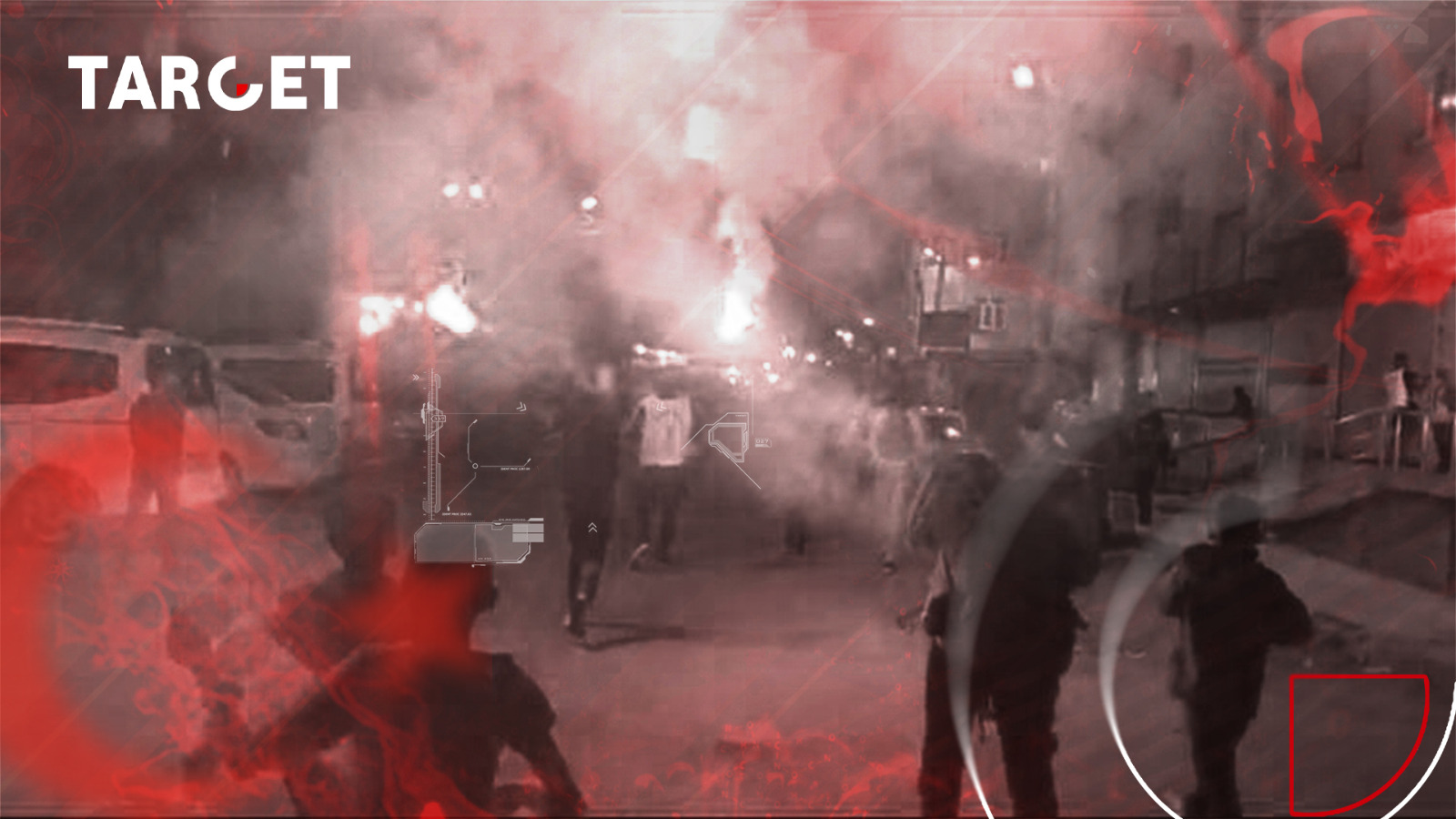With May 14th just days away, intensive efforts are being made, particularly by opposition parties, to ensure safe elections. In the southeastern region, where the majority of citizens are Kurdish, the problem of security is more prominent. Voters living in the region will vote under more complicated conditions due to the state-appointed village guards, the trustees appointed by the AKP regime, the heavy presence of the military, the difficult access to villages, and the intensive police operations.
The Organization for Security and Co-operation Europe (OSCE) and the Office for Democratic Institutions and Human Rights (ODIHR) have confirmed the inequality with their interim report. The report states that some ODIHR Election Observation Mission (EOM) political party interlocutors in south-east Türkiye alleged physical and administrative hindrances to their campaign activities, as well as pressure from state authorities on their supporters.
The report also reads: “The exercise of authority by governors to limit rights and freedoms for anti-terrorism and public security has affected campaign opportunities in some eastern and south-eastern provinces. YSP representatives reported to the ODIHR EOM instances of physical and administrative hindrances to their campaign activities, and alleged pressure from state authorities on their supporters, mainly in the south-eastern provinces of the country.” In the provinces of Siirt, Tunceli, and Urfa, for instance, there were bans on rallies, demonstrations, and the distribution of written material for a period of time.
There are also concerns about the security of ballot boxes in Siirt. For this reason, the Siirt Bar Association is taking precautions against possible problems in rural areas. Since there have been many complaints to the prosecutor’s offices and the bar association in the city in previous elections, the bar association is taking stricter measures in these elections. As the rural areas of some districts are quite far from the center, hundreds of lawyers have undertaken duties for securing ballot boxes due to concerns that law enforcement officers may be effective.
Voters in the Kurdish province of Sirnak have also been subjected to pressure from the AKP. HDP Sirnak provincial co-chair Abdullah Güngen told Mezopotamya Agency that the governor of Sirnak, together with village guards, was campaigning in rural areas and threatening villagers to vote for the AKP.
Another prominent problem in the region took place in Hakkari. Public officials working on election day were selected by the District Election Board. However, the AKP provincial chairperson, Emrullah Gür, seized the Provincial Election Board’s list, selected the election officials himself, and forced the Provincial Election Board to accept his list. In addition, the heavy military presence in Hakkari is a big challenge for citizens. Every person and vehicle entering or leaving the city is stopped and searched for hours.
In Adiyaman, there are problems due to the consequences of the earthquake. Those who had to flee from the city after the earthquake should be able to go to Adiyaman and vote, but it is a question mark whether everyone owns the conditions to travel to the city. In this regard, the Green Left Party (YSP) offers support to voters.
Diyarbakir is one of the cities most affected by the unequal conditions during the election process. Many people were detained in large-scale police raids, particularly in Diyarbakir, and some were arrested and sent to different prisons. The voting status of detainees sent to prisons outside the town where they were registered was therefore a matter of debate. Requests to ensure that people can vote at their registered addresses were rejected on the grounds of ‘insufficient staff’. It is remarkable that those arrested are lawyers who were supposed to provide security, journalists and human rights defenders who were supposed to report the problems on election day. The YSP considers the fact that the arrested are lawyers who are supposed to ensure security on election day, journalists and human rights defenders who are supposed to report on problems, as a deliberate attack to undermine election security.

